Bridging Divides and Building Futures in the Sahel
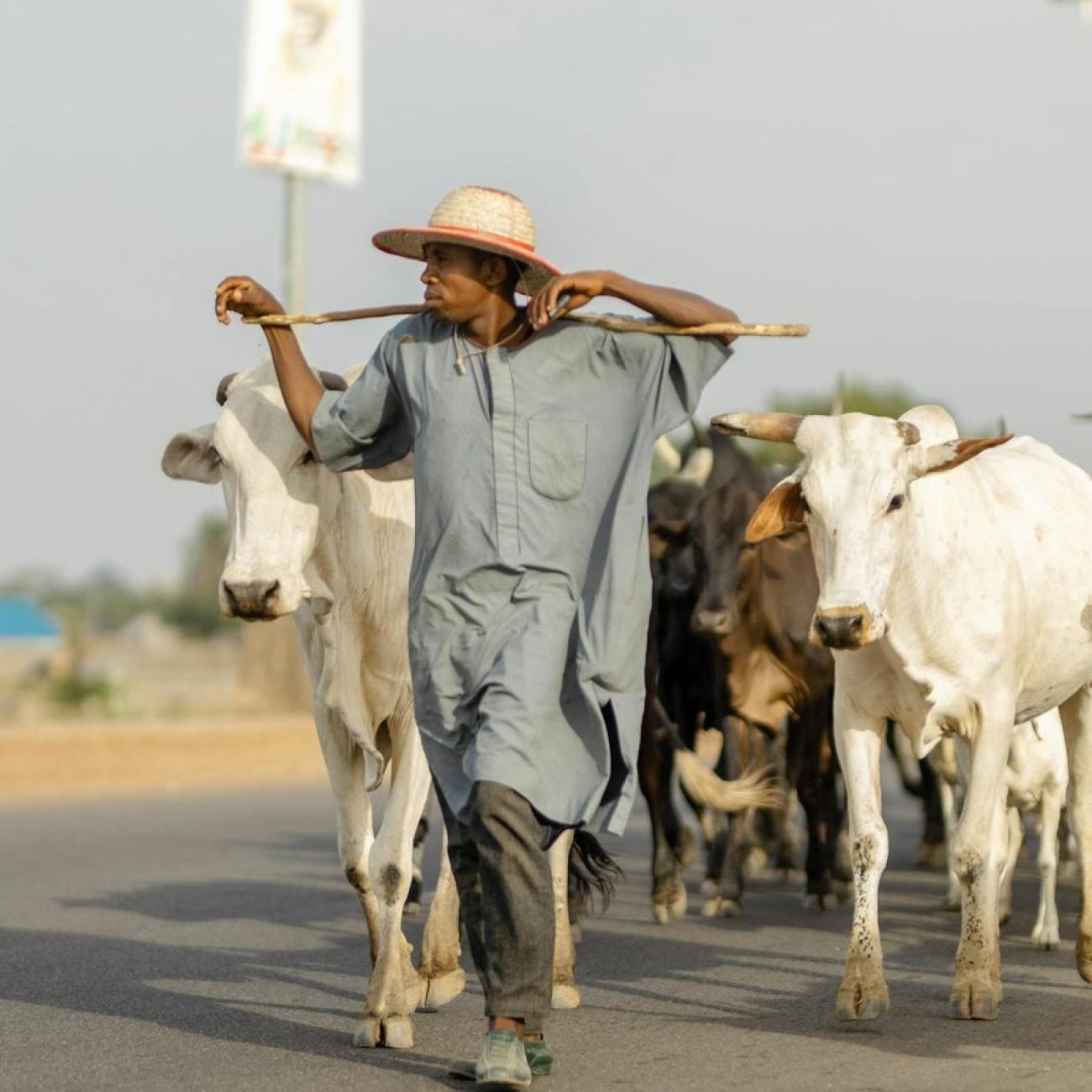
Stretching 5,000 kilometers from Africa’s Atlantic coast to the Red Sea, the Sahel is a vibrant region below the Sahara Desert that includes nations bordering Lake Chad – Cameroon, Chad, Niger, and Nigeria – as well as Burkina Faso, The Gambia, Guinea, Mali, Mauritania, and Senegal.
Rich in natural resources, cultural diversity, and human capital, the Sahel holds vast potential for economic growth, innovation, and sustainable development despite significant challenges.
Through its Integrated Strategy for the Sahel (UNISS), the United Nations is strengthening resilience to unlock the region’s promise and empower local communities.
Central to these efforts are UN Resident Coordinators (RCs), the Secretary-General’s representatives on sustainable development in each country. They provide strategic policy advice to national governments, drawing on rigorous analyses from their Economists and Peace and Development Advisors to accompany decision-making on economic priorities, public policy, and overall development initiatives.
As key figures within the UN development system, RCs mobilize and coordinate multifaceted engagements and often serve as Humanitarian Coordinators, facilitating swift humanitarian responses alongside non-governmental organizations, bilateral and multilateral partners.
Resident Coordinators also act as key liaisons with regional offices, including Regional Directors, the UN Development Coordination Office, Special Representatives of the Secretary-General (SRSGs) and headquarters leadership.
At the regional level, the UNISS has a Steering Committee consisting of Resident Coordinators and Regional Directors from UN entities that oversees implementation and drives integrated action.
Co-chaired by the SRSG for West Africa and the Sahel and Head of the UN Office for West Africa and the Sahel (UNOWAS), and the Assistant Administrator and Regional Director for Africa of the UN Development Programme (UNDP), and coordinated with the UN Special Coordinator for Development in the Sahel, this structure ensures interventions remain coherent, cross-border, and aligned with national priorities.
Strategic coordination
Under the RCs’ leadership, UN Country Teams, comprising UN agencies, funds, and programmes, work together to accelerate progress across multiple sectors, including food security, energy, climate solutions, water management, health, youth, women’s empowerment, social services and digital inclusion. They also spearhead initiatives for innovative national financial mechanisms, working with governments and international financial institutions to mobilize resources and secure sustainable development financing.
In Guinea, the Resident Coordinator’s Office (RCO) supports efforts to achieve universal energy access. It has identified gaps and fostered collaboration between UNDP, the UN Children's Fund (UNICEF), the UN Office for Project Services (UNOPS), and the World Food Programme (WFP).
This partnership led to the construction of hydroelectric dams, including the Kogbédou-Frankonédou project, and solar power plants like the Thianguel Bori facility, which now serves over 34,000 people.It also facilitated the integration of renewable energy into school canteens and agricultural projects, boosting productivity, reducing emissions, and generating income to cover school expenses. The RCO also works closely with government bodies, financial institutions, and bilateral partners to mobilize resources.
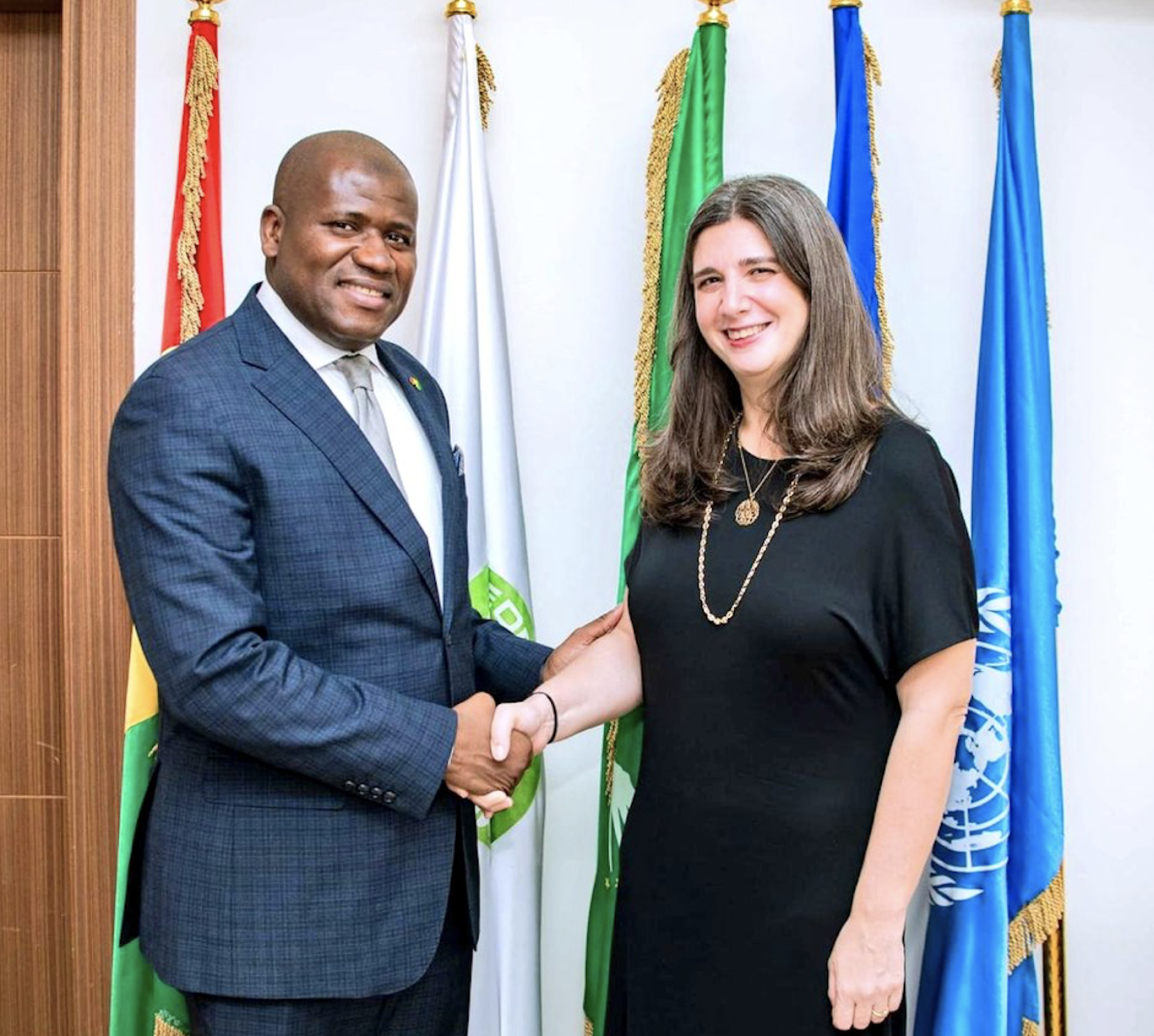
The RCs’ work in resource mobilization and data analysis, with support from UN agencies on the ground, transforms strategic decision-making in line with UN principles and values.
RCs promote the “nexus approach” so that humanitarian, development, and peacebuilding efforts are coordinated and adapted to evolving priorities. The UN Integrated Strategy for the Sahel fosters effective collaboration for timely crisis response and sustainable impact.
In Mali, the RCO highlighted women’s roles in peacebuilding and reform by uniting UN entities in February 2024 to implement the “Roadmap on Gender, Elections and Reforms,” aiming to boost female representation in political and administrative bodies to at least 30 per cent.
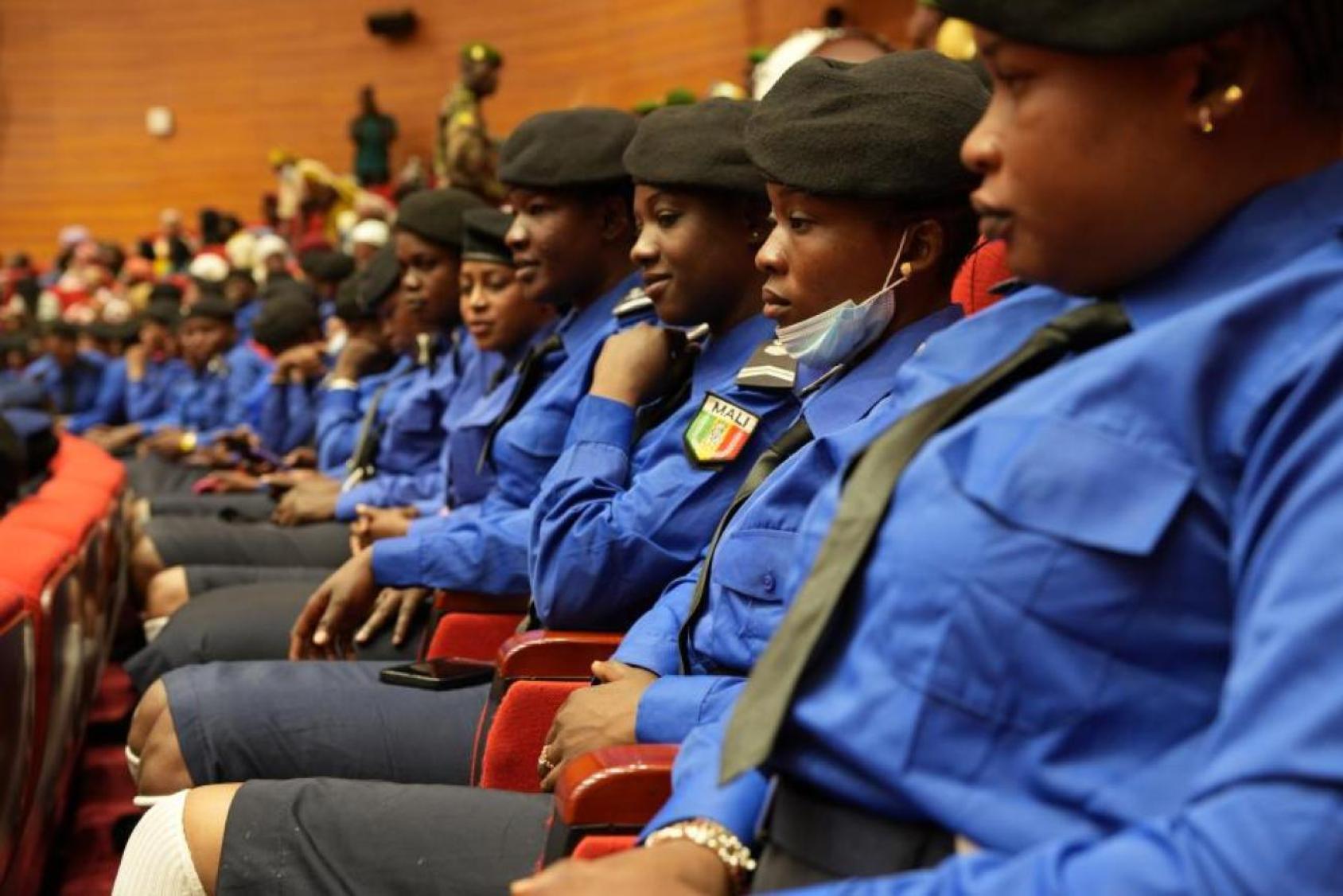
Empowering local communities
RCs lead engagement with development partners, including bilateral and multilateral organizations, government agencies, civil society, and regional bodies, uniting stakeholders and empowering communities to shape local development.
By involving local actors directly, they help design programmes that renew the social contract between the state and its citizens, fostering trust and ensuring that initiatives in education, food systems, and energy access meet the actual needs of the people on the ground.
These partnerships have refined UNISS to better respond to evolving socio-political contexts.
In Mauritania, the RC acts as a bridge between development and peacebuilding actors, supporting a peaceful electoral process. By leading collaboration with the government, the Constitutional Council, the Independent Election Commission, electoral candidates, and civil society, the RC has built trust and aligned UN efforts with the aspirations of the Mauritanian people across several areas—from supporting women journalists to combating hate speech.
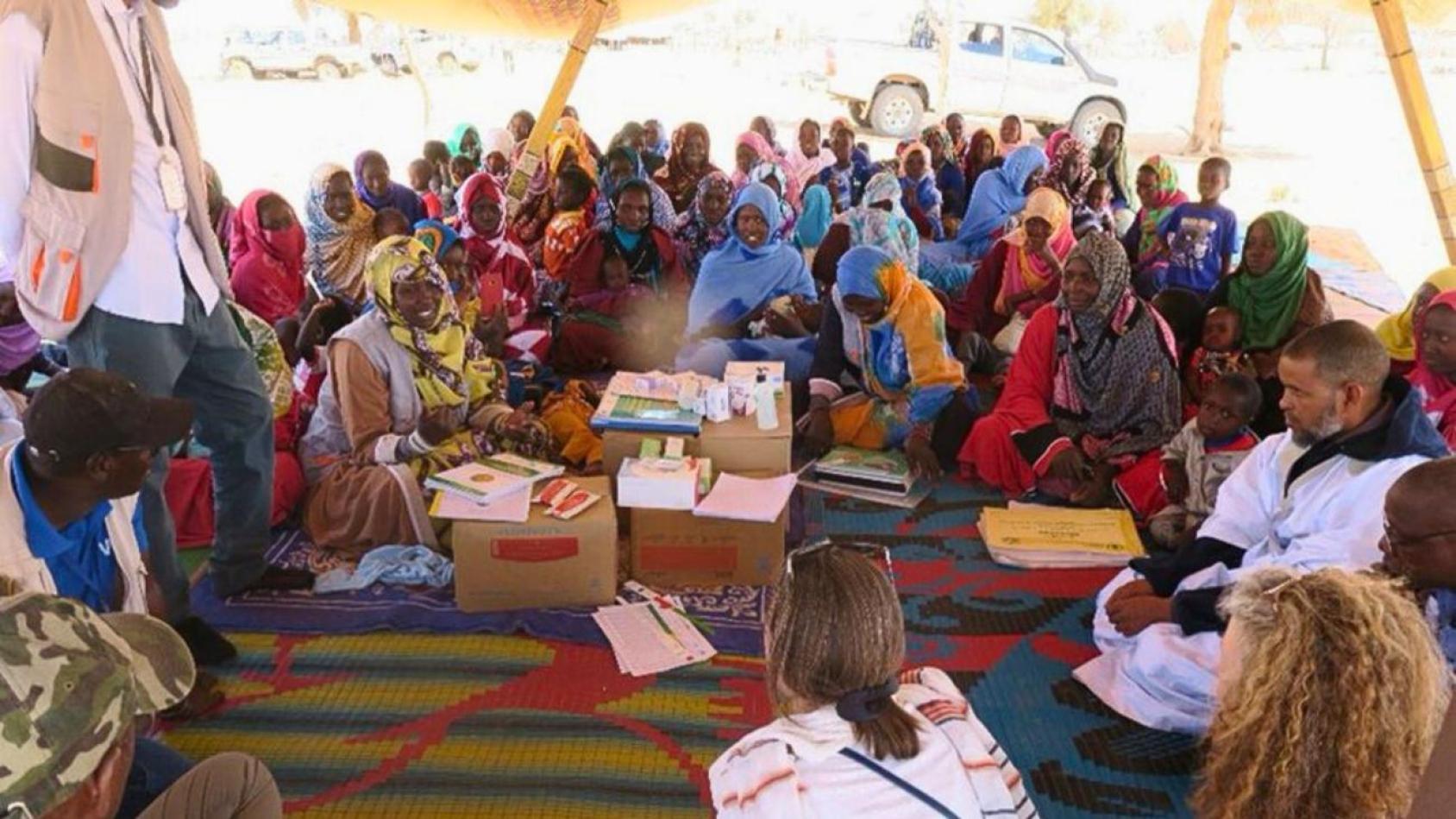
Driving innovation
RCs also drive innovation and sustainable transformation across the Sahel. They work with national authorities to implement transformative economic models and advocate for investments in critical sectors such as education, energy, water, youth, women’s empowerment and agriculture. Their work emphasizes local ownership and sustainable practices, blending innovation with tradition.
In Nigeria, the RC is supporting national economic initiatives to advance the Sustainable Development Goals by promoting investments in social safety nets and leveraging expertise from UNICEF, WFP, and the International Labour Organization (ILO). This work harnesses innovations, including biometric technology, to improve beneficiary registries and reach vulnerable populations.
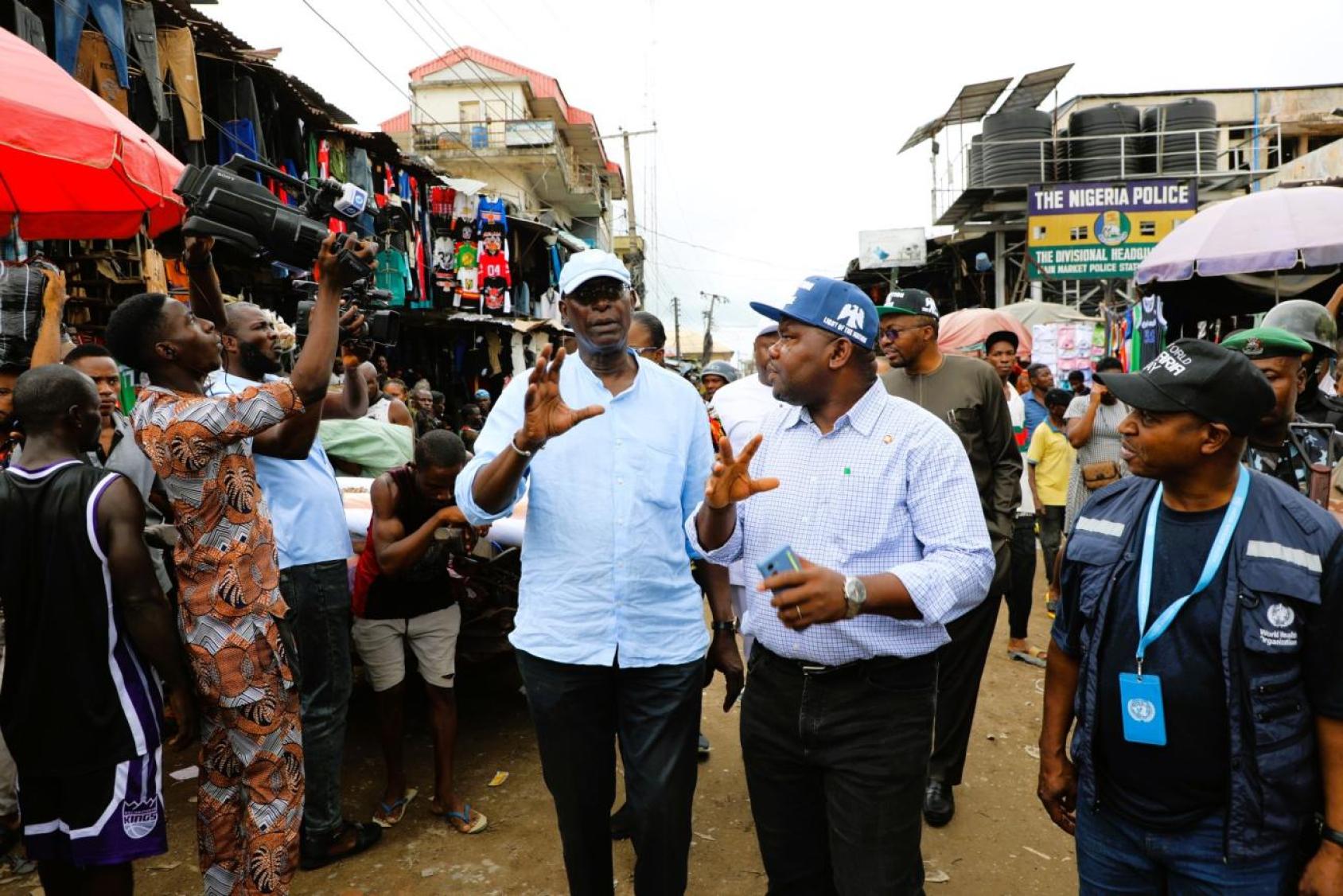
Resident Coordinators in the Sahel embody the UN’s multifaceted role. They and the UN Country Teams they lead are crucial in translating UNISS into action. By boosting strategic coordination, empowering communities through local partnerships, and driving sustainable development and innovation, they embody the UN’s engagement to work for a resilient and inclusive future for the Sahel—addressing current crises while laying a strong foundation for a prosperous, sustainable tomorrow.
Read more coordination results from Guinea, Mauritania, Mali and Nigeria. For more information on the UN's work in the Sahel click here.













